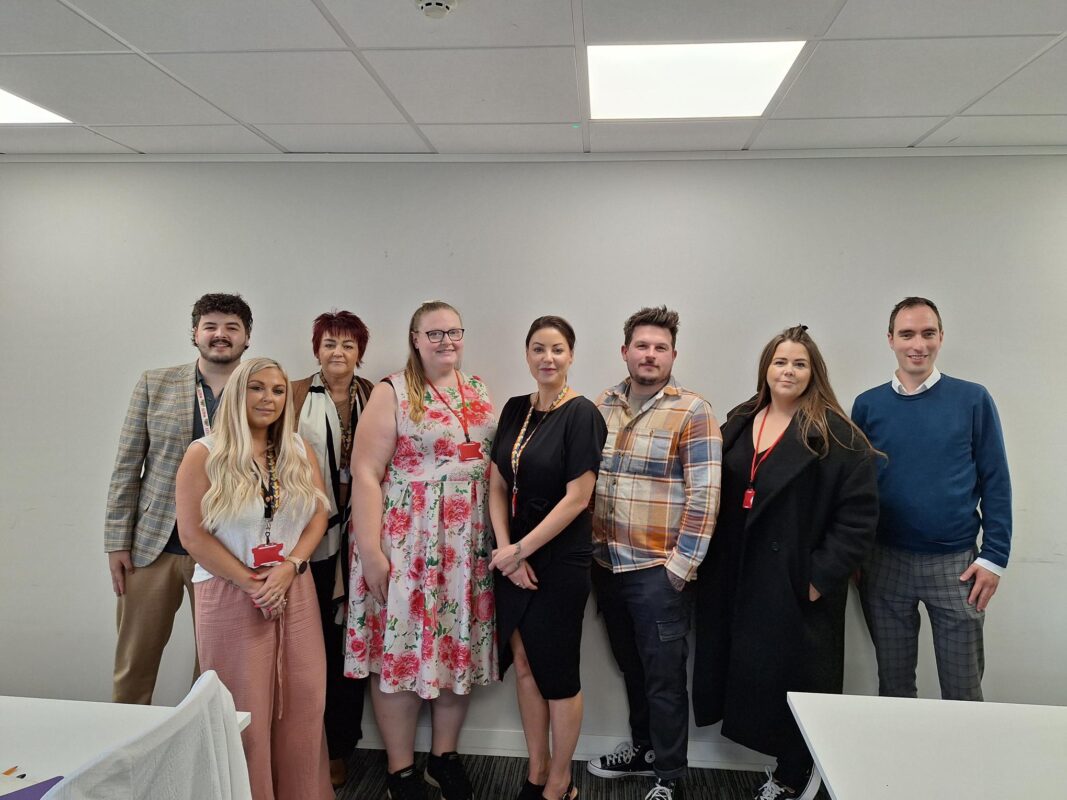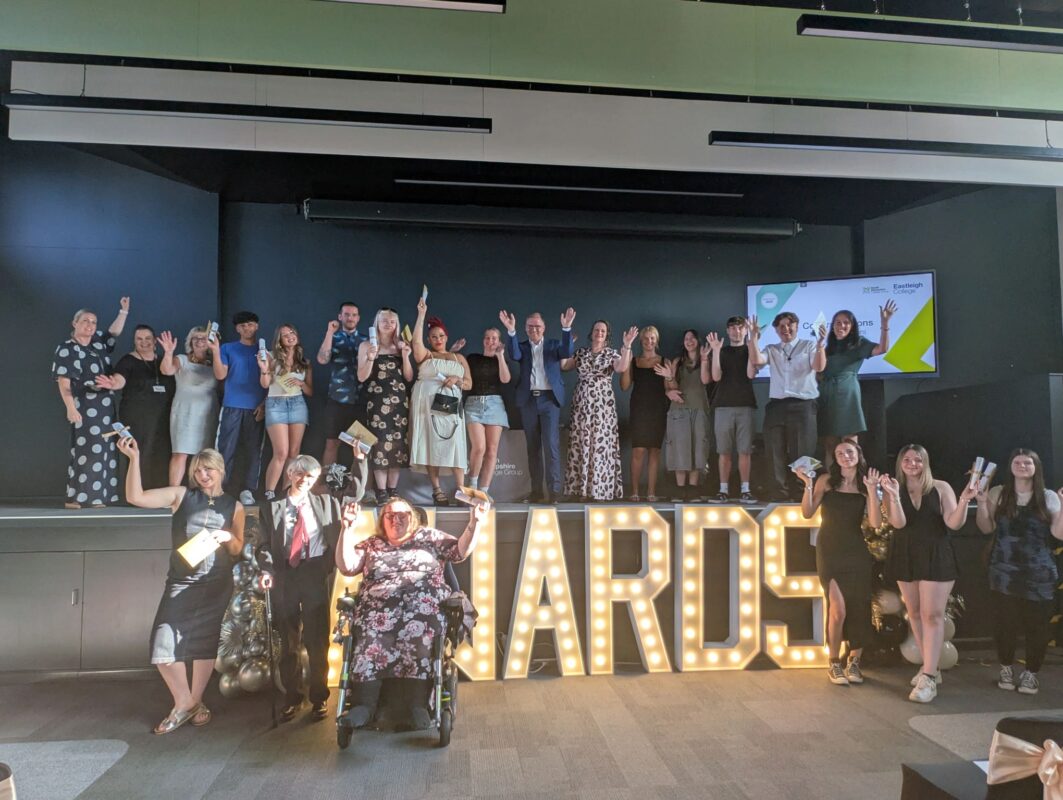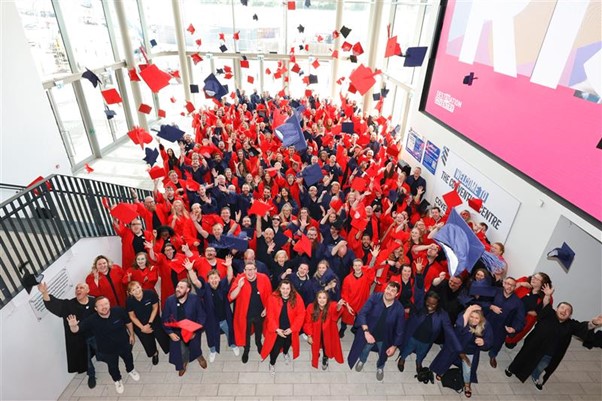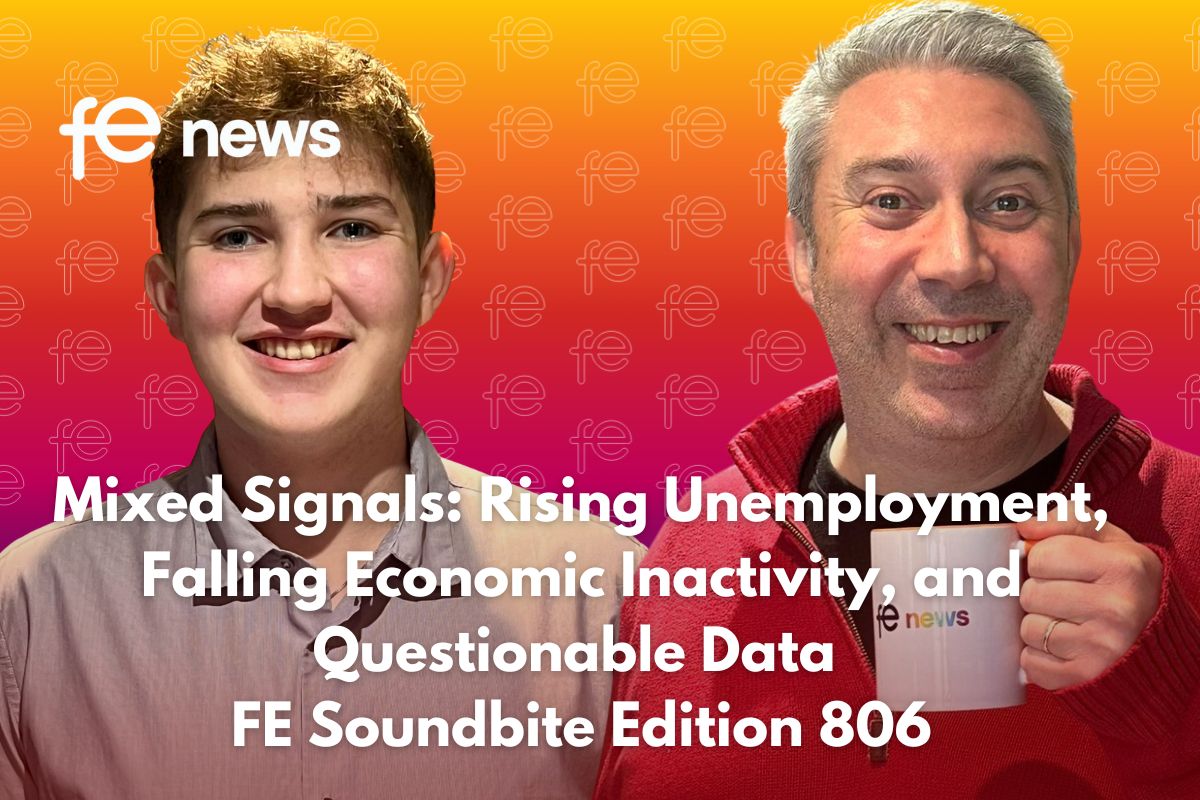Uptake of arts subjects is falling: How can we help young people to access creative careers?

Andy Rees explores what sixth forms and colleges can do to construct clear pathways for young people thinking about a career in the creative industries.
This year’s A-Level and GCSE statistics highlighted a further decline in young people’s adoption of creative subjects at schools with arts entries at A-level dropping by 29% and arts entries at GCSE declining by 47% since 2010.
What does this mean for the skills and talent pipeline of the UK’s booming creative industries, including film and TV, games development and marketing?
The creative industries are an integral part of the country’s economy, contributing £109bn in 2021, and accounting for 2.3 million jobs in 2022. These industries have traditionally been a pathway for individuals who struggle with a more academic education, but find their talents in art and design.
So, what’s going wrong? Are young people no longer interested in creative careers?
The shift away from the arts to business and economics subjects might be a consequence of the cost-of-living crisis, but it also reflects the entrepreneurial attitude that we are seeing in young people. The concern is that there is an inaccurate perception of creative study as ‘low value’, driven by talk of ‘Mickey Mouse’ degrees.
In the last decade, creative subjects have experienced detrimental cuts, especially within state-funded schools. These reductions have skewed the way in which young people understand creative subjects and the options that are available to them.
75% of 18-25-year-olds are interested in creative jobs
In an effort to gauge the aspirations of young people and the barriers that they might face, Ravensbourne University London recently conducted a nationwide survey to delve deeper into their attitudes towards the creative industries.
The good news is that 75% of 18-25-year-olds are interested in creative jobs. The problem is that less than 25% of the young adults in this study say that they have been recommended this career path by school or been given any guidance from college as to how to get into the sector.
Data from the survey also highlighted that there is a perception that the creative industry is too hard to join, which is deterring (42%) of young adults from a creative career. Many are also unaware of well-paid emerging digital roles such as UX designer or VFX editor.
Of course, sixth forms and colleges play a vital role in informing students of emerging roles in the industry prior to entering higher education. But the industry is changing fast, and many of the most in demand jobs aren’t common knowledge. Students can’t aspire to careers that they aren’t aware of.
The Government’s Creative Sector Vision, published earlier this year, sets out a target of one million additional creative jobs by 2030. Many, it predicts, will be highly specialist, but there is a need for broader commercial, practical and technical skills also.
So, what can we do to help FE and sixth form teachers better inform the young people that they’re advising?
At Ravensbourne, we’ve designed a new online portal called ‘Kickstart’ which seeks to help young people from underrepresented backgrounds understand what careers are available to them. This is especially important if they do not have anyone in their immediate family or social circle who already works in the creative industries.
Directing students to initiatives like ‘Kickstart’ can help them to discover online resources and firsthand experiences of the creative industry, enabling them to make informed career decisions and discover their own creative potential.
But we also need to look at secondary education.
Last month, the Council for Higher Education Art and Design and the University Alliance launched #ArtIsEssential – a Creative Education Manifesto calling on all political parties to protect the creative arts talent pipeline. This includes equipping every child with a solid foundation of creative education skills that are formally recognised and valued.
As well as joining this call, universities and colleges can directly support schools and their brilliant teachers in aligning their curriculum to the future opportunities in the creative economy.
At Ravensbourne we recognise that creative jobs require graduates able to thrive in an interdisciplinary environment where tech, business, design and media all come together. This changes the traditional view of ‘arts’ or ‘media’ subjects and creates a space in schools to consider and promote creative careers across broader disciplines. We work with several school partners to develop curriculum that recognises creative practice as a vital component in all subjects including business, maths, science and life skills and points to the opportunities in the creative economy.
So, young people are interested in creative careers but just don’t know how to get there. With a little help from educators around the available opportunities, we might be able to restore a greater understanding of what this actually looks like, whilst ensuring a pipeline of talent into the UK’s ever-evolving creative industries.
By Andy Rees
Andy Rees joined Ravensbourne University London in 2022 as Dean with significant experience across Higher and Further Education sectors. As a member of the University’s Executive, Andy plays a central role in managing all academic provision and in the development and delivery of Ravensbourne’s distinctive, high-quality education provision.
FE News on the go…
Welcome to FE News on the go, the podcast that delivers exclusive articles from the world of further education straight to your ears.
We are experimenting with Artificial Intelligence to make our exclusive articles even more accessible while also automating the process for our team of project managers.
In each episode, our thought leaders and sector influencers will delve into the most pressing issues facing the FE sector, offering their insights and analysis on the latest news, trends, and developments.











All good stuff, thank you! But do the terms “creative careers” and “creative industries” imply that any activities beyond the media, music, drama and maybe computer gaming are not creative? This, surely, is not the case -aren’t engineering, medicine, science hugely “creative” too? That interdisciplinary idea is really powerful…